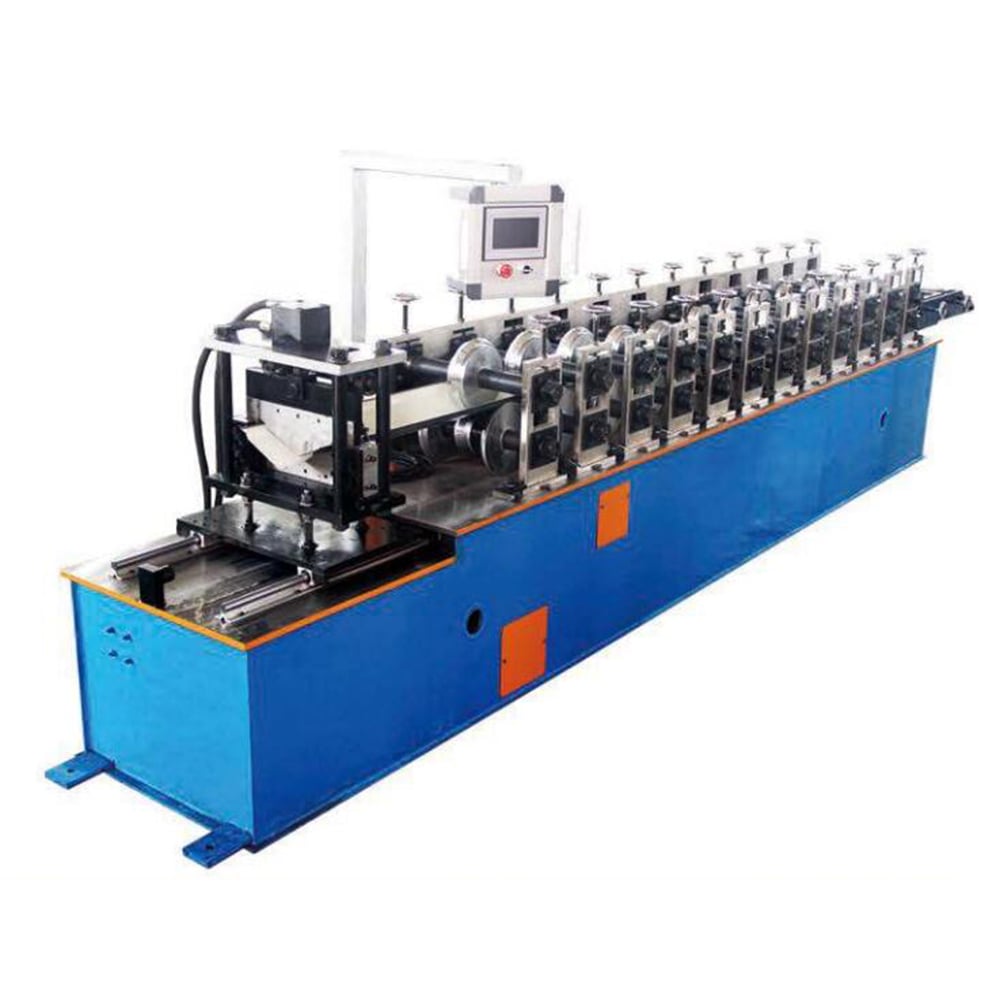Improved Efficiency and Cost Savings
A roll forming machine is a valuable tool in the metal fabrication industry, offering numerous advantages over traditional fabrication methods. One of the main benefits of using a roll forming machine is its ability to improve efficiency and reduce costs. This machine is designed to continuously bend and shape metal sheets into specific profiles, eliminating the need for manual cutting and shaping. With the ability to produce high volumes of accurately formed parts in a short amount of time, manufacturers can significantly reduce labor costs and increase production efficiency.
Precision and Consistency
When it comes to metal fabrication, precision and consistency are crucial. Roll forming machines excel in producing precise and consistent metal profiles, ensuring that each part is uniform in shape and dimension. The machine's design allows for tight tolerances, resulting in minimal variations between parts. This level of precision is especially beneficial for industries that require strict adherence to specifications, such as automotive or aerospace. By using a roll forming machine, manufacturers can achieve consistent high-quality results while minimizing the risk of errors or defects.
Flexibility in Design
Roll forming machines offer a high degree of flexibility in design, allowing manufacturers to create a wide range of complex profiles. The machine can accommodate various sizes and thicknesses of metal sheets, making it suitable for different applications. This versatility enables manufacturers to meet the specific requirements of their clients and adapt to changing market demands. Whether it's producing simple shapes or intricate profiles, a roll forming machine provides the necessary flexibility to achieve the desired design.
Reduced Material Waste
Traditional metal fabrication methods often result in significant material waste due to the need for manual cutting and shaping. In contrast, a roll forming machine minimizes material waste by precisely forming metal sheets into the desired shape. The machine's continuous bending process ensures that the metal is used efficiently, with minimal scrap or offcuts. This reduction in material waste not only helps to lower production costs but also contributes to a more sustainable and environmentally-friendly manufacturing process.
Increased Strength and Structural Integrity
Using a roll forming machine can enhance the strength and structural integrity of metal profiles. The continuous bending and shaping process of the machine results in work-hardening, which increases the tensile strength of the metal. Additionally, the uniformity and consistency of the formed parts contribute to their structural integrity. This makes roll-formed profiles ideal for applications that require high strength and durability, such as construction or industrial equipment manufacturing.
Quick and Easy Setup
Roll forming machines are designed for quick and easy setup, allowing manufacturers to switch between different profiles with minimal downtime. The machine's adjustable tooling and automated processes enable rapid changeovers, reducing the time wasted on reconfiguring the production line. This flexibility in setup is particularly advantageous for industries with frequent product changes or a wide range of product variations. Manufacturers can efficiently respond to customer demands and maintain a high level of productivity without prolonged setup times.
Improved Safety
Ensuring the safety of workers is a top priority in any manufacturing environment. Roll forming machines are equipped with safety features and mechanisms to minimize the risk of accidents and injuries. These safety features include emergency stop buttons, safety guards, and interlocking systems that prevent access to hazardous areas while the machine is in operation. By using a roll forming machine, manufacturers can create a safer working environment for their employees and reduce the likelihood of workplace accidents.
Cost-Effective Production of Large Volumes
For industries that require the production of large volumes of metal profiles, a roll forming machine offers a cost-effective solution. The machine's high-speed production capabilities and efficient material usage make it well-suited for mass production. By automating the fabrication process, manufacturers can achieve economies of scale and reduce the cost per part. This cost-effectiveness is particularly advantageous for industries with high demand and tight production schedules.
Low Maintenance Requirements
Roll forming machines are built to withstand heavy-duty use and require minimal maintenance. The machine's robust construction and reliable components ensure long-term performance and durability. Routine maintenance tasks, such as lubrication and cleaning, are simple and can be easily incorporated into the manufacturing process. By investing in a roll forming machine, manufacturers can enjoy a low-maintenance production solution that minimizes downtime and maximizes productivity.
Wide Range of Material Compatibility
A roll forming machine is compatible with a wide range of materials, including steel, aluminum, copper, and stainless steel. This versatility allows manufacturers to cater to different industry requirements and produce a variety of metal profiles. Whether it's for architectural applications, automotive components, or HVAC systems, a roll forming machine can handle various materials and produce high-quality results. This adaptability makes the machine a valuable asset for metal fabricators looking to expand their product offerings.
